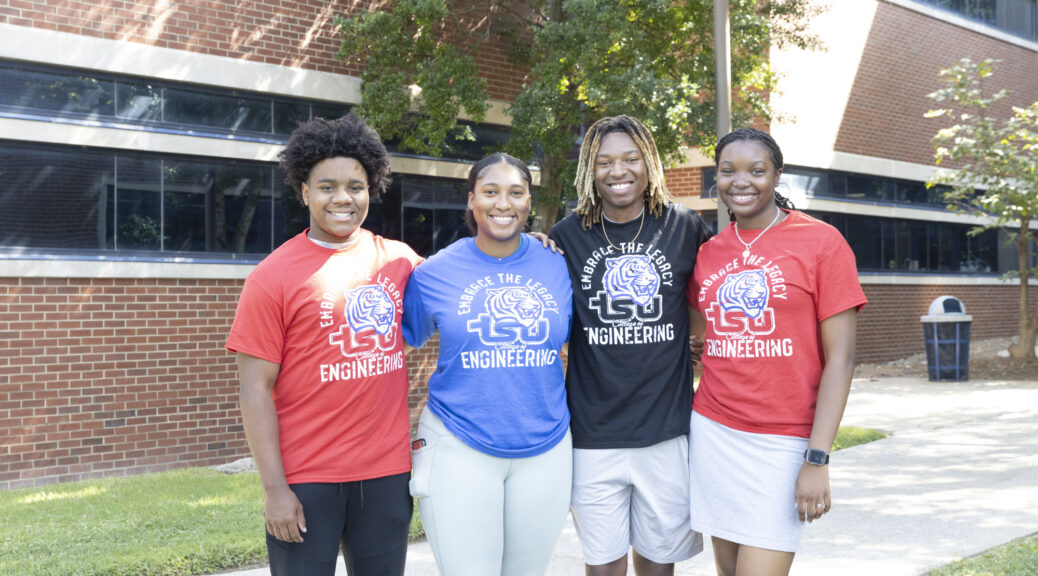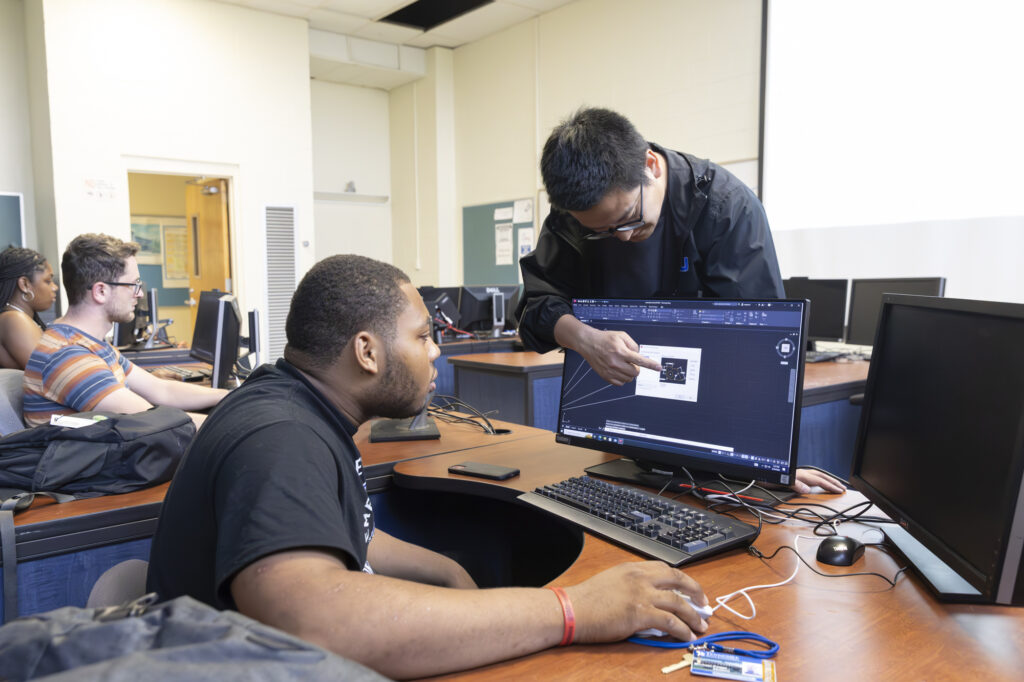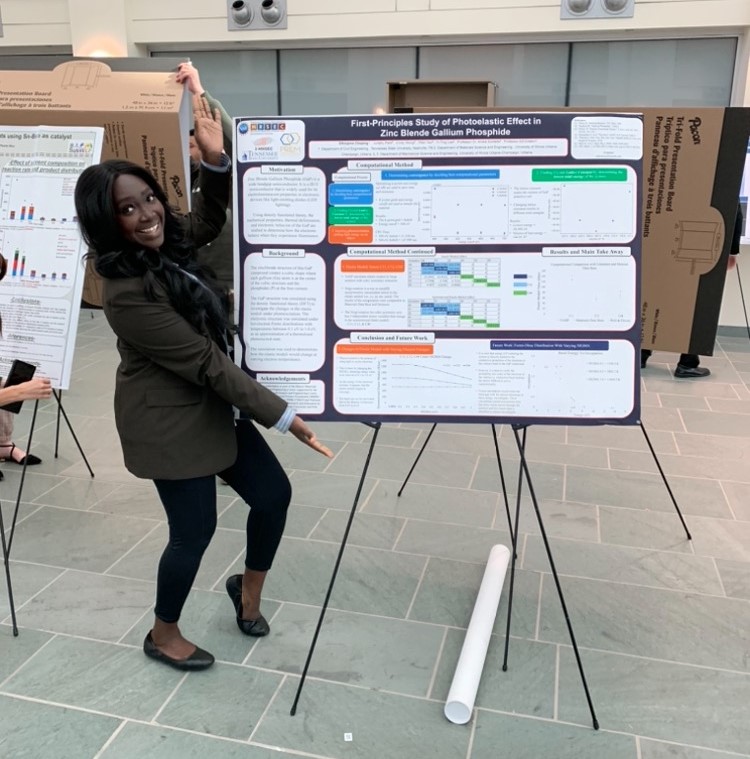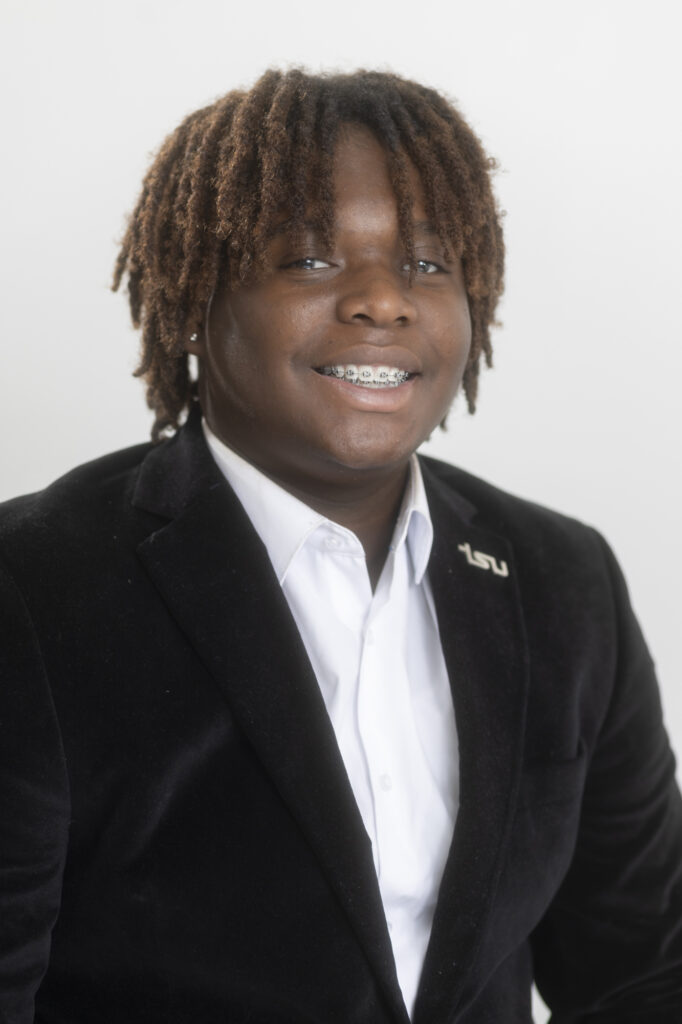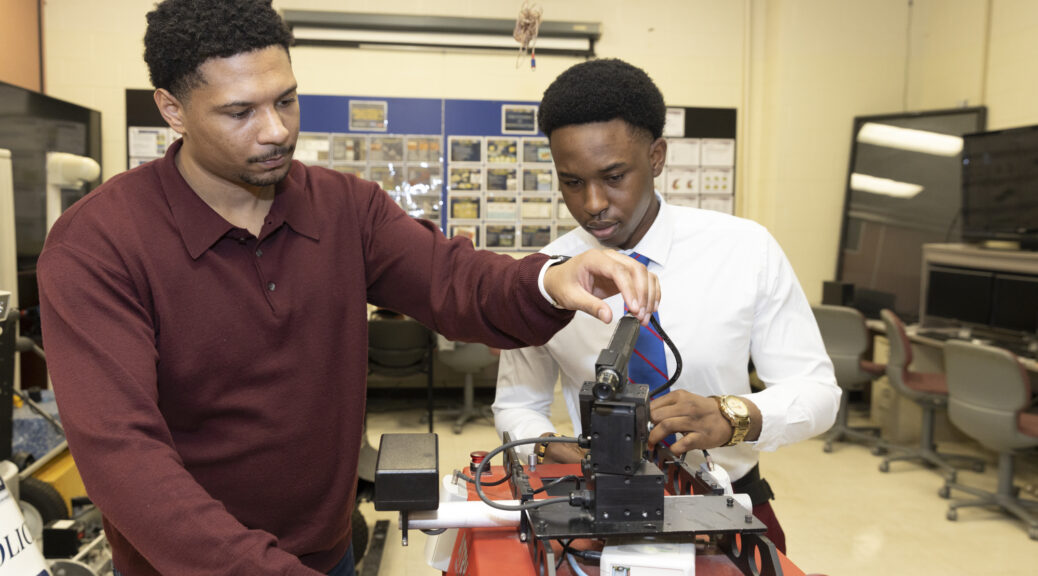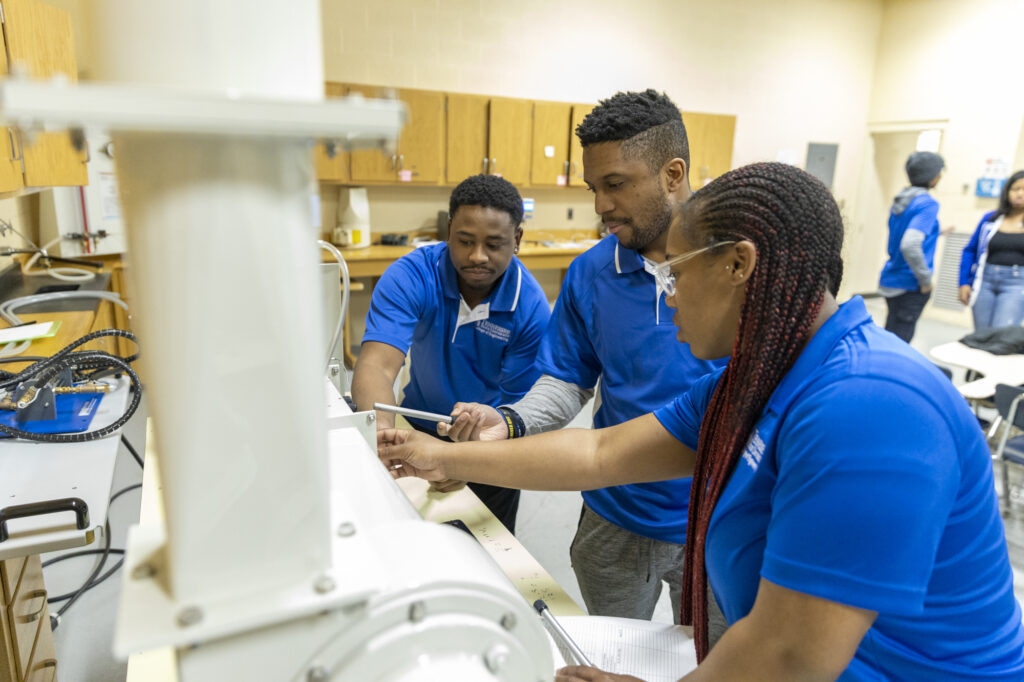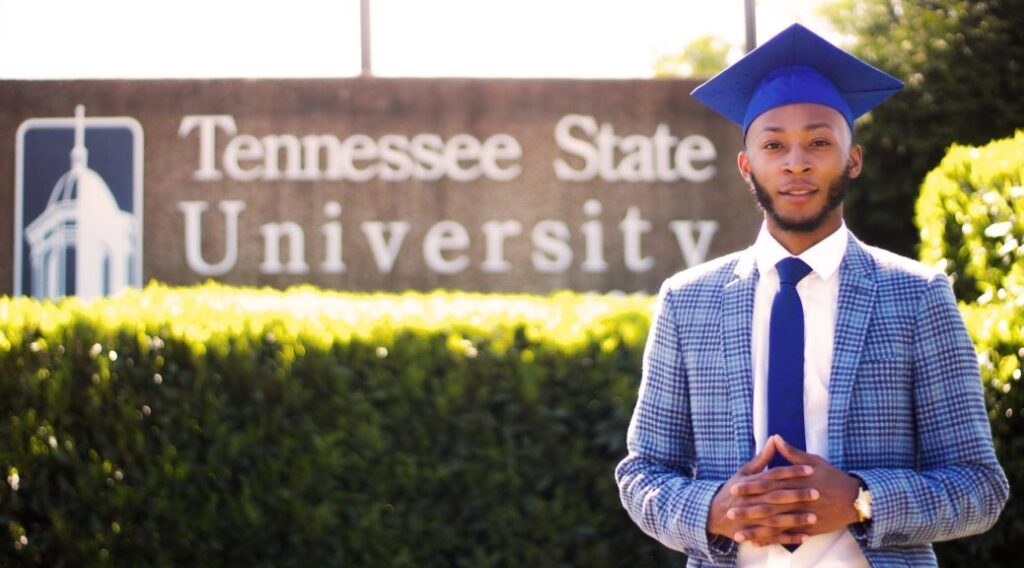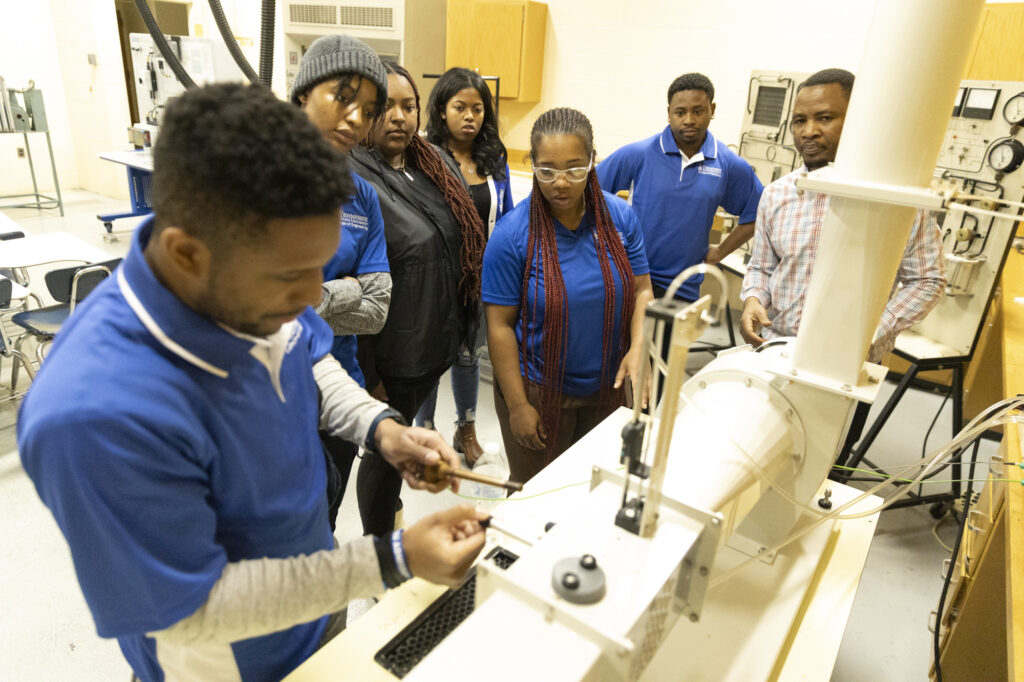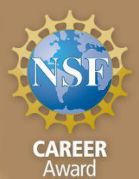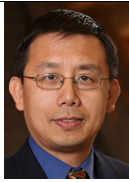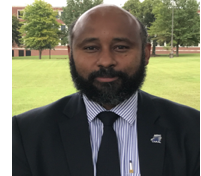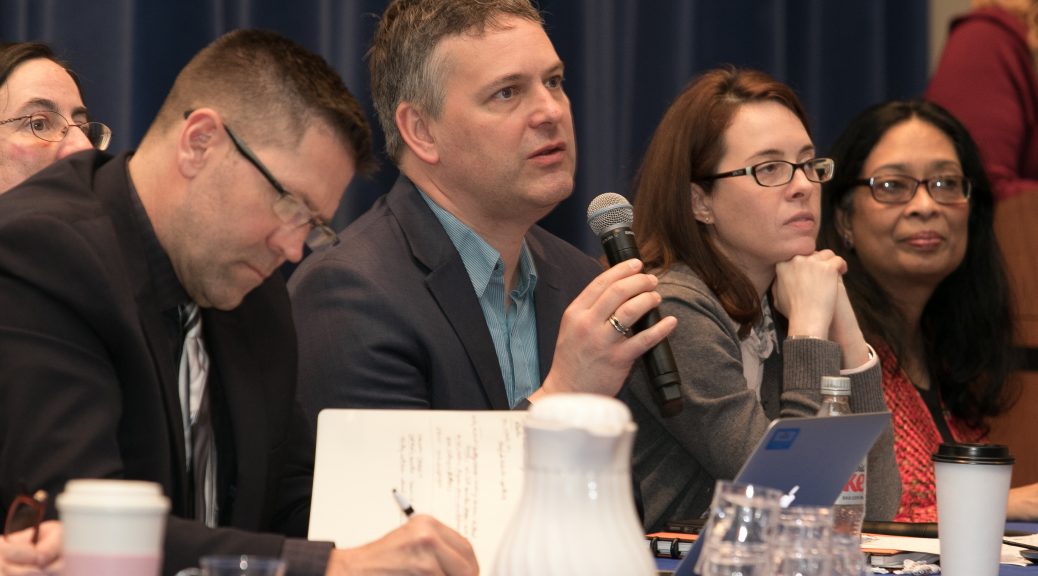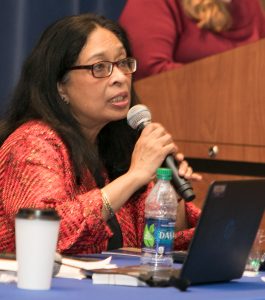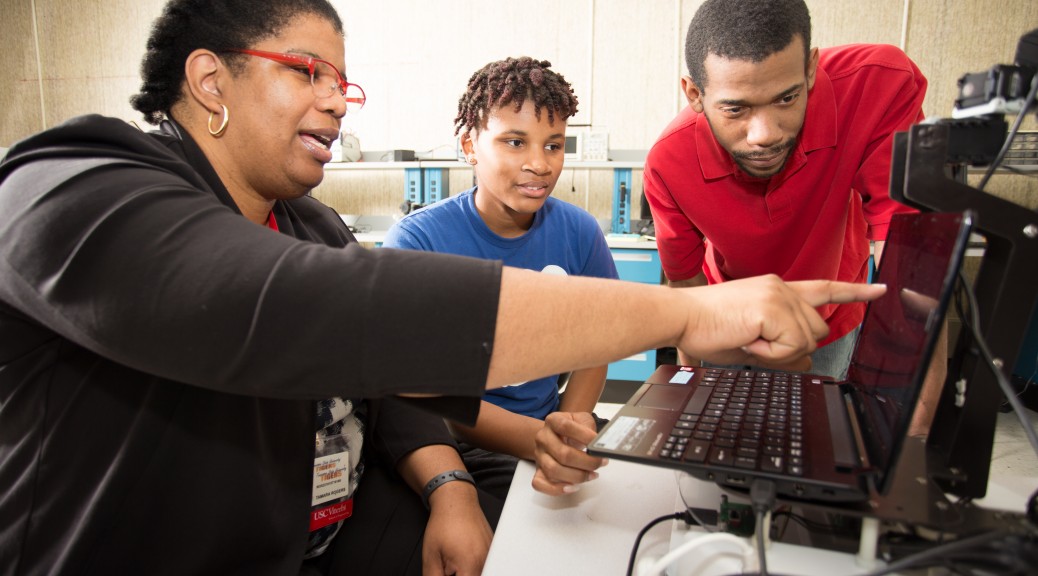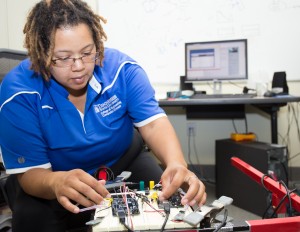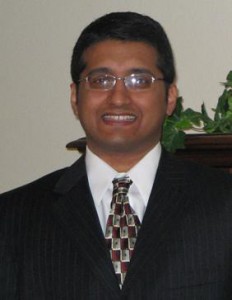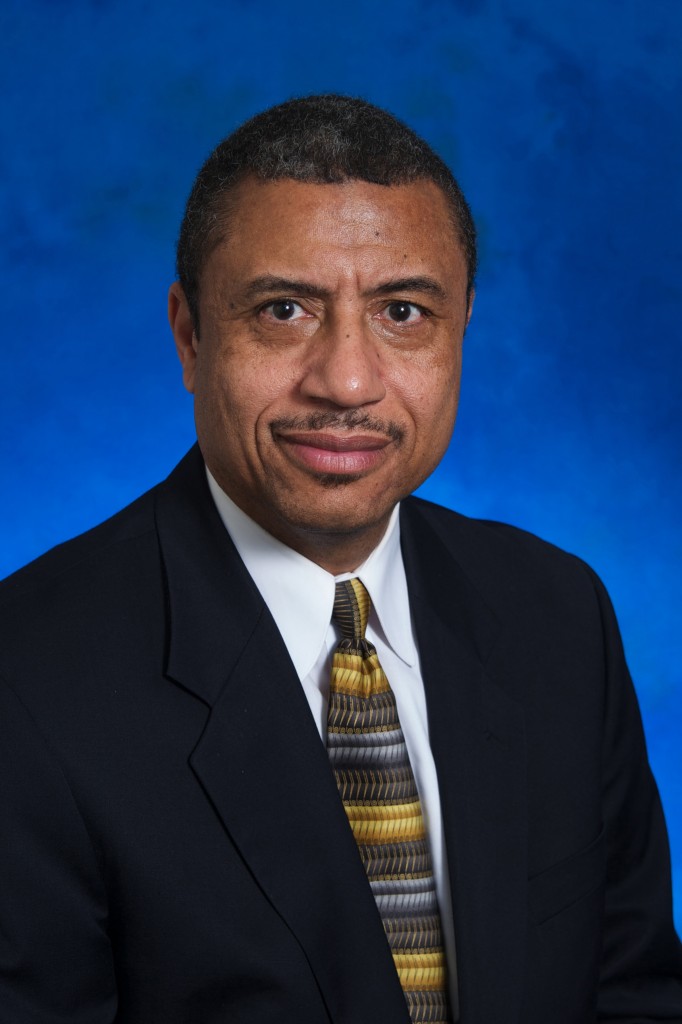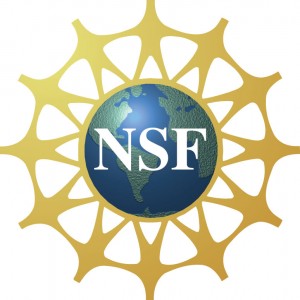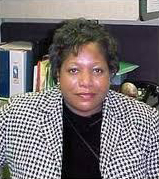NASHVILLE, Tenn. (TSU News Service) – Ethopine Choping always wanted to build a home for her East African single mother of two. Choping initially wanted to become an architect, but thought, why design the structure of her mother’s home when she can build dams and bridges for the entire city she’d live in?
“Coming from a disadvantaged community is what inspired me to become an engineer.”
Choping’s family moved to the United States from Ethiopia in the late 1990s. She later moved to Tennessee to start her college journey at Tennessee State University in 2021 to pursue a degree in civil engineering. She will be graduating in spring 2024.
“The faculty is the reason why I decided to come to TSU,” she said. “They are so dedicated. That’s what convinced me to go to TSU, and my first semester experience is what convinced me to stay.”
Choping recalls returning to TSU the following year, but many of her classmates did not due to the rigorous academic curriculum and financial obligation.
These are two of the reasons Tennessee State University’s College of Engineering is continuing its commitment to fostering a community of budding first-year engineering students. Earlier this year the college received a $2.25 million grant from the National Science Foundation to continue this endeavor. The grant will create a five-year pilot engineering curriculum that includes a pre-engineering program and an immersive engineering studio dedicated to undergraduate research experiences (CUREs), focused on student retention and graduation. College of Engineering Associate Professor Catherine Armwood-Gordon said the college is excited about providing scholarships to first-year students through the grant.
“We’re looking at ways to support students’ progression through their mathematics and success in the first term,” Dr. Armwood said, noting that she is grateful to be able to provide students with scholarships and resources to excel.
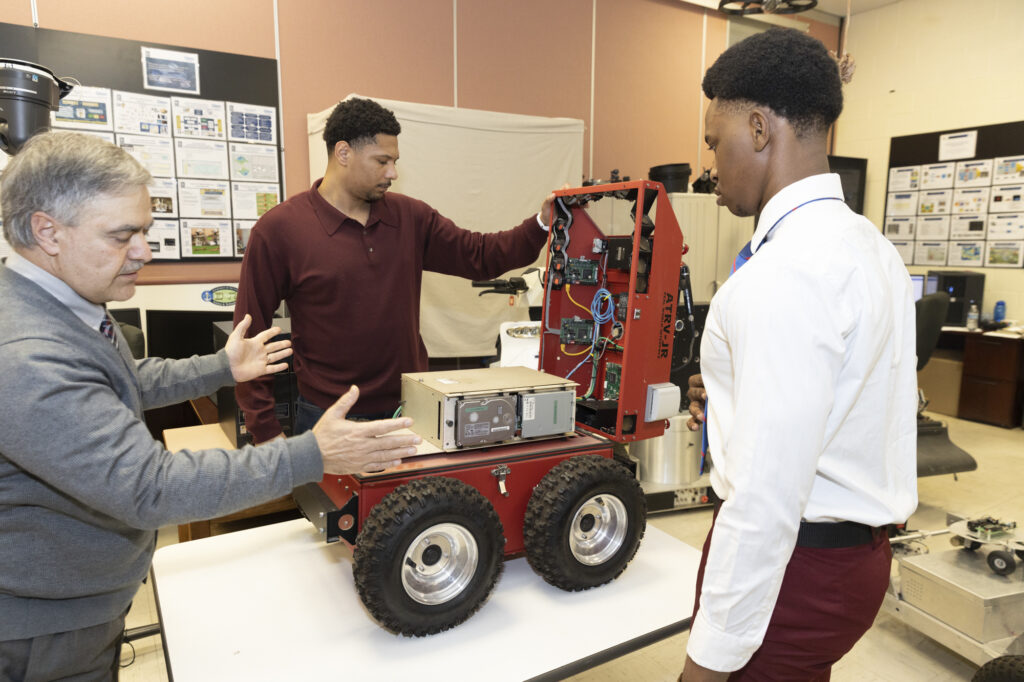
The focus on student retention also extends to the female population within the College of Engineering department.
According to Dr. Armwood, who also serves as Associate Dean of Research and Graduate Studies, TSU has graduated over 600 students from the College of Engineering from Spring 2018 -2022. Yet fewer than half of these graduates were women pursing engineering degrees. Currently, there are over 228,900 engineers employed in the United States. Only 13.7% of all engineers are women, according to Zippia.
Alexia Brown, a TSU freshman studying mechanical engineering, said she looks forward to being a part of the 13% female engineering population post-graduation.
“It’s empowering to see women succeeding regardless of the industry,” Brown, of Jackson, MS, said. “It pushes me to finish my degree and to continue on this path.”
As a first-year college student, Brown started college just last month and said she already feels like she’s right at home.
“Everything has been really well,” she said. “I love my classes, and I love my professors.” She also noted that she is excited about the college receiving grants for first-year students as the overall goal is to enhance the retention and success of students in engineering programs at TSU.
Funds from the first-year student grant will be able to support the engineering population growth by awarding more than 80 students a year.
TSU freshman Camron Henderson, a computer science major from Atlanta, said he has hopes that the freshman student grant will be resourceful for out-of-state students like himself. “I’m very happy to know the university has received this grant,” Henderson said. “It will bring more retention to the college.” Henderson is the freshman class treasurer and said his time at TSU, ‘so far has been great,” stating that he loves his teachers as well.
TSU grad Tupac Moseley is currently pursuing a master’s in computer and information systems engineering at TSU and said the college is worthy of the $2.25 million investment. “I hope that students, after me, have an even better experience. This will help them transition smoothly into the college of engineering.
This department was extraordinarily helpful throughout my senior year,” he said. “The college cares about me and it only felt right to come back to TSU to pursue my next degree.” This is the third time the National Science Foundation has provided an Implementation Project grant to the university. The first two grants were approximately $1 million each.

A STEM Enhancement Institute is also being established as part of the grant to provide support to students who struggle with their STEM courses in their pre-engineering program. $150,000 per year will go toward the STEM institute.
To learn more about TSU’s engineering programs, visit www.tnstate.edu/engineering/.
